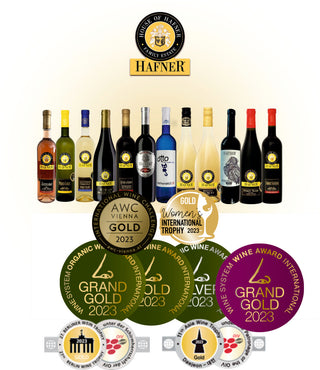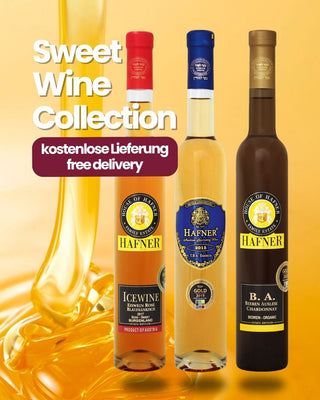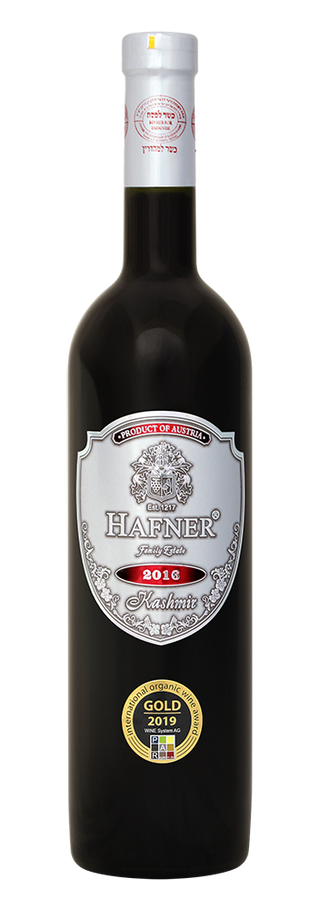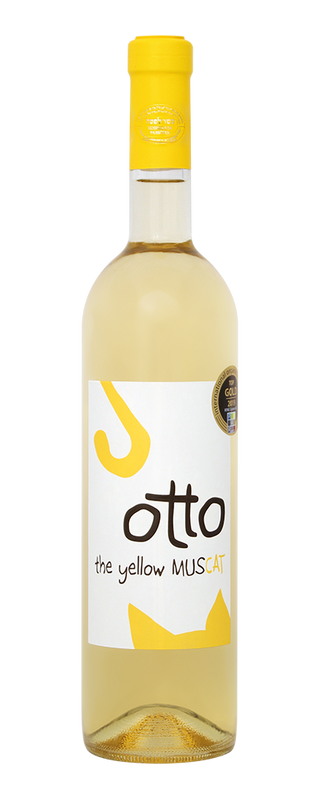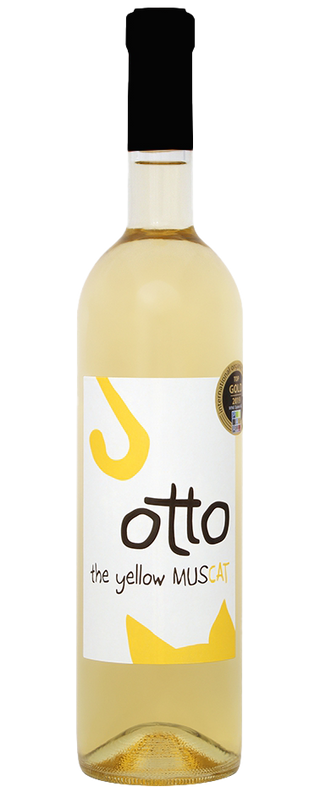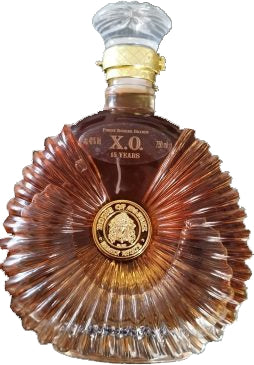FRIZZANTE SWEET Muscato
A superb sparkling wine with a delicate, floral bouquet of nutmeg and elderflower – delicate on the palate. A long, finely sparkling and fruity-sweet finish! A great aperitif or ice-cold as a summer drink!
93 points - GOLD MEDAL International Organic Wine Award 2024
Cylinder pressure: 2.5 bar
Organic sparkling wine L-FriMo23-02/24; Austrian sparkling wine with added carbon dioxide. Kosher for Passover, mevushal
Ingredients: Grapes, carbon dioxide, acidity regulators: lactic acid; stabilizers: citric acid; antioxidants: sulfites
| Nutritional information | 100 ml each |
| Calorific value | 407 kJ/ 97 kcal |
| Carbohydrates | 5.6 g |
| of which sugar | 5.5 g |
| Contains small amounts of fat, saturated fatty acids, protein and salt. | |
Alcohol content: 13% vol.
Sugar content: 55 g/l
Acidity: 6 g/l
Histamine: "not detectable" <0.1 mg/l, according to the Federal Office for Viticulture, A-7000 Eisenstadt
(Histamine appears to be primarily responsible for headaches and skin reddening after wine consumption in people with intolerance. A level below the detection limit should therefore allow consumption in these individuals as well.)
A superb sparkling wine with a delicate, floral bouquet of nutmeg and elderflower – delicate on the palate. A long, finely sparkling and fruity-sweet finish! A great aperitif or ice-cold as a summer drink!
93 points - GOLD MEDAL International Organic Wine Award 2024
Cylinder pressure: 2.5 bar
Organic sparkling wine L-FriMo23-02/24; Austrian sparkling wine with added carbon dioxide. Kosher for Passover, mevushal
Ingredients: Grapes, carbon dioxide, acidity regulators: lactic acid; stabilizers: citric acid; antioxidants: sulfites
| Nutritional information | 100 ml each |
| Calorific value | 407 kJ/ 97 kcal |
| Carbohydrates | 5.6 g |
| of which sugar | 5.5 g |
| Contains small amounts of fat, saturated fatty acids, protein and salt. | |
Alcohol content: 13% vol.
Sugar content: 55 g/l
Acidity: 6 g/l
Histamine: "not detectable" <0.1 mg/l, according to the Federal Office for Viticulture, A-7000 Eisenstadt
(Histamine appears to be primarily responsible for headaches and skin reddening after wine consumption in people with intolerance. A level below the detection limit should therefore allow consumption in these individuals as well.)



